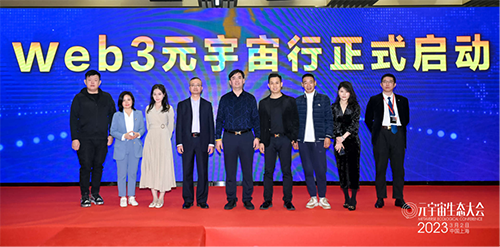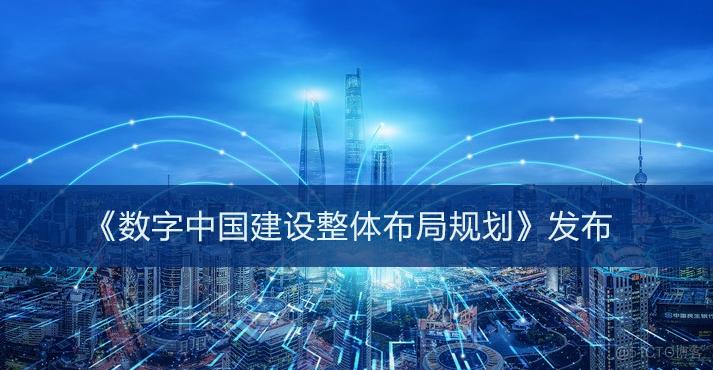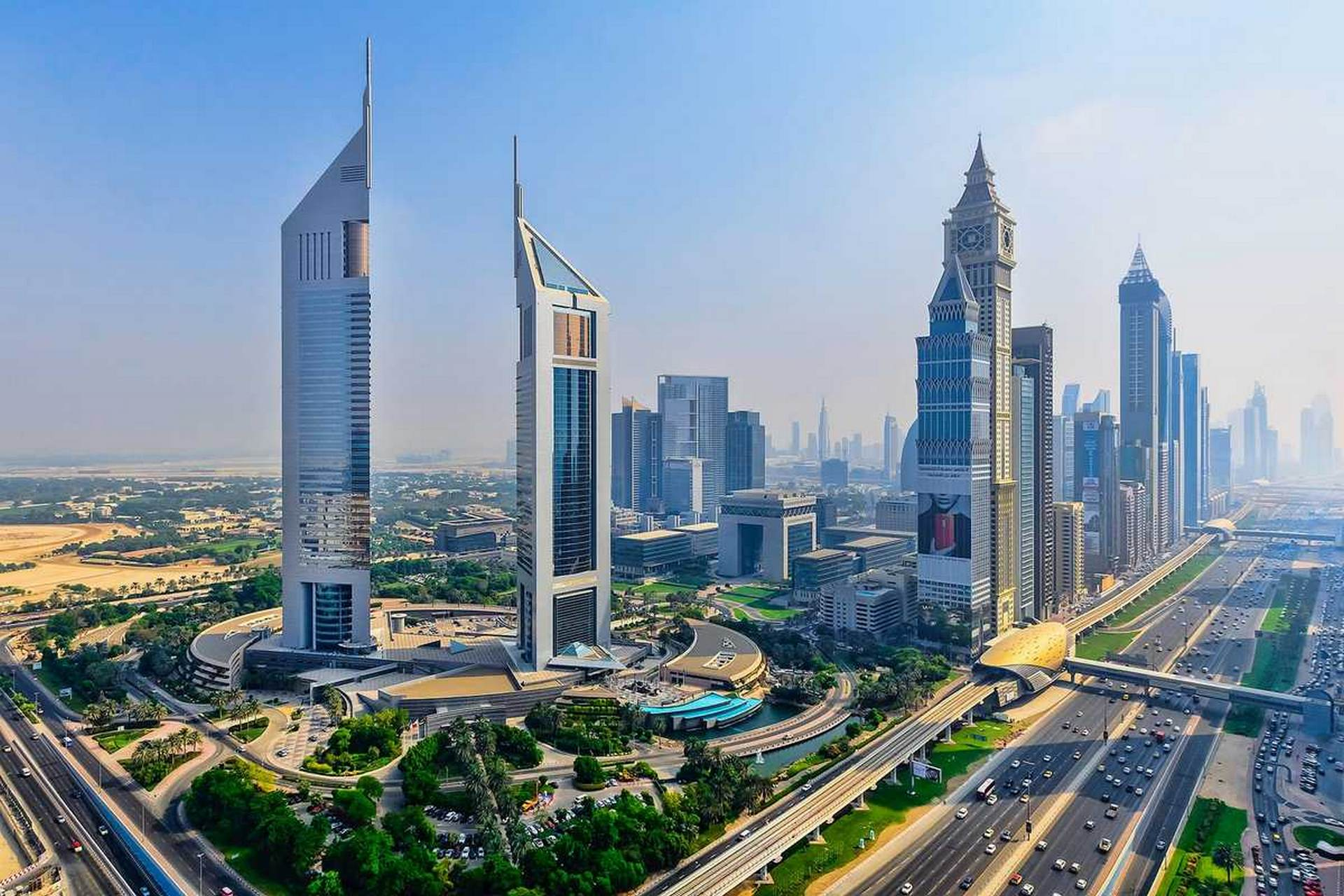- +1 929 367 8888(Server) / +1 929 356 6666(Group)
- info@multinationalholding.com
World Economic Forum: How the Metaverse is Driving Industry Progress
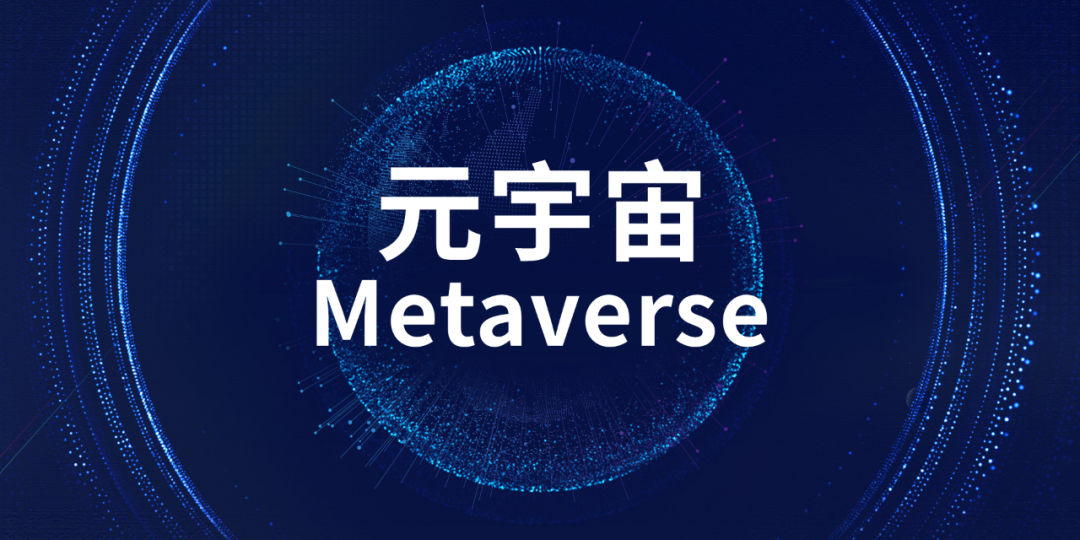
The metaverse has the potential to play a broader role in society. In the metaverse, we can broaden our horizons, interact with people we cannot meet in the real world, travel to different places, and access public and medical services. Overall, the metaverse can create an extended space of the real world, leading us to discover how to make our world a better place.
In the past six months, as companies and enterprises from various industries flock to the metaverse platform, we have witnessed an exponential growth in people's interest in the metaverse. Some companies have started using metaverse to hold meetings, collaborate, and organize employee training and various activities. Nike has created Nikeland in the metaverse, which allows fans to connect, create, share experiences, and compete. JPMorgan Chase has also become the first large bank to open a virtual lounge in the metaverse.
However, we are still in the early stages and the full potential of the metaverse has not yet been fully realized. In the coming years, we will see the emergence of multiple unique use cases that combine digital and physical domains, making seamless interaction and transition between the real world and the virtual world possible.
How the Metaverse Promotes Industry Progress
The metaverse will bring a more realistic and immersive e-commerce experience. Through 3D holograms or virtual avatars, we will be able to engage in conversations in a fully immersive, real-world like environment. People can walk into a restaurant and choose the food they want, such as placing an order for Mexican tortillas at Chipotle fast food restaurant in the metaverse, and then receiving the order at home.
The metaverse will also revolutionize the education and training industry, making recruitment largely unrestricted by geography. As interviews with virtual avatars become commonplace and collaboration, interaction, and work become increasingly common in the metaverse, businesses will be able to push new frontiers in diversity. The metaverse will help strengthen on-the-job training, allowing employers to provide ongoing training and skill enhancement programs in simulated real-life environments without compromising their reputation or employee safety. Training in the metaverse has the potential to shape highly trained and skilled talents, who are also more likely to survive in the survival of the fittest in the real business world.
Through remote therapy in the metaverse, the metaverse will bring infinite possibilities for providing efficient, affordable, and more extensive medical services. Medical professionals will be able to predict patients' postoperative recovery and their response to certain treatment methods through digital twin technology, thereby avoiding the occurrence of some medical problems.
The increasing popularity of the metaverse will bring new travel experiences. Those who are unable to travel due to health, economic, or other reasons will be able to travel to their favorite attractions and visit family and friends through fully immersive interactive experiences.
Similarly, by providing public services in the most remote areas, the metaverse will create a fair competitive environment between urban and rural areas, developed and developing regions.
We can also use the metaverse to address climate change. Through digital twin technology, the metaverse can replicate buildings, cities, and even the entire Earth, helping us better understand the impact of human activities on the environment and promoting the development of climate science. Nvidia has announced a plan to create a digital twin Earth.

The drawbacks and risks of the metaverse
However, despite bringing so many huge benefits, the metaverse also poses some significant risks.
Firstly, we will face the risk of creating a platform exclusively for a specific social group (i.e. those who can access and utilize metaverse technology), ultimately leading to an increase in homogeneity rather than diversity. In fact, we have now seen an uneven geographical distribution of VR products. In 2019, North America and Western Europe accounted for nearly 90% of global VR product sales, and 38% of the metaverse growth over the next four years is expected to come from North America. We must make every effort to ensure that metaverse related technologies are distributed more fairly globally. Especially for enterprises engaged in global business, they will be able to play a significant role in this regard.
Secondly, excessive reliance on and use of the metaverse can have negative social impacts. Creating two parallel worlds will lead to more divisions and disputes, rather than more cohesion, inclusiveness, and collaboration. We must establish appropriate governance processes to ensure that the metaverse can enhance the real world rather than replace it.
Third, the 3D environment can collect more personal data than the two-dimensional Internet. Not only that, the metaverse can also create multiple personalities, significantly complicate data privacy, and bring a series of challenges in identity verification. As an irreversible, traceable, and secure transaction network, blockchain will play a crucial role in identity management, authentication, data ownership, and governance.
In addition, although the metaverse helps reduce bias, if the artificial intelligence (AI) of the operating platform deviates, the result may be exactly the opposite. Organizations must establish oversight processes to ensure ethical AI standards are met, while building a diverse and inclusive team of engineers to address all deviations in algorithms during the development phase.
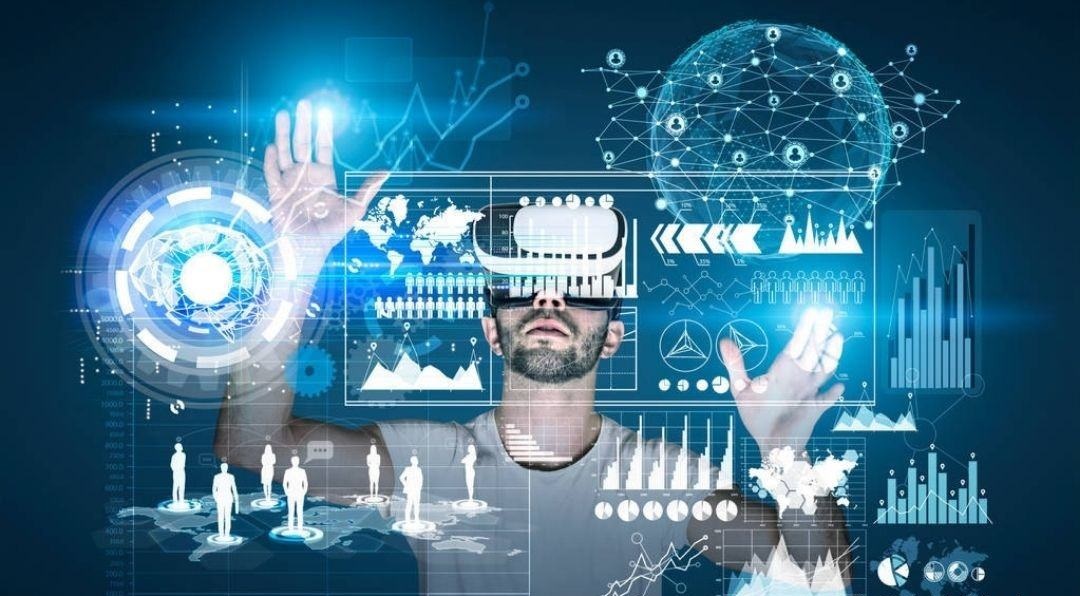
Unleashing the Potential of the Metaverse
Finally, unleashing the full potential of the metaverse relies on technological advancements from core infrastructure to user experience. Just like the globally recognized Internet domain name system and Internet protocol standards, the metauniverse also needs similar standards for image, transaction, computing and network functions. For an open, interoperable and secure metauniverse, it is vital that alliances between different enterprises cooperate on protocol standards, from start-ups to Internet giants.
We are at a critical point in time, and we can still guide the development direction of this emerging platform, the metaverse. It all depends on how we (block and governance model builders) will take necessary actions to unleash the positive potential of the metaverse and establish processes that help reduce its risks.
 English ∨
English ∨
 中文
中文

